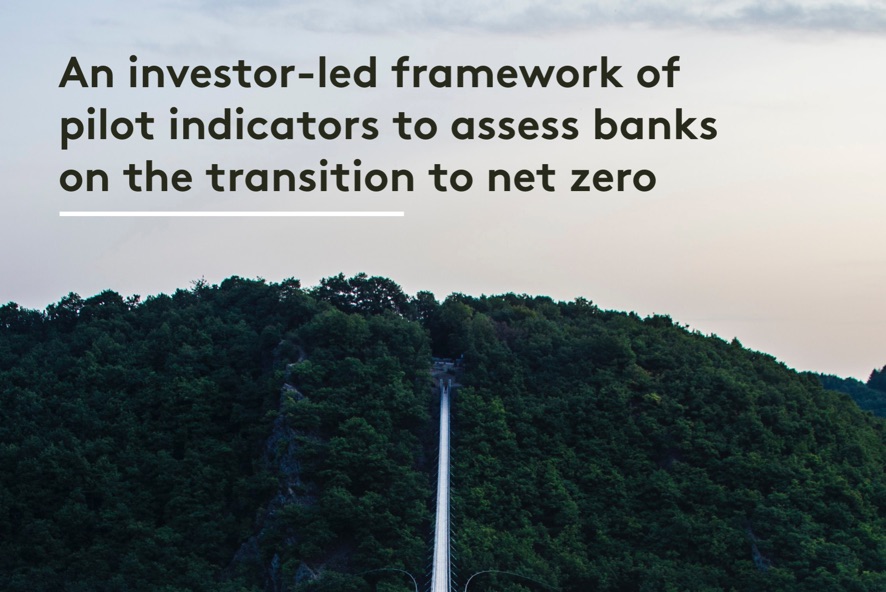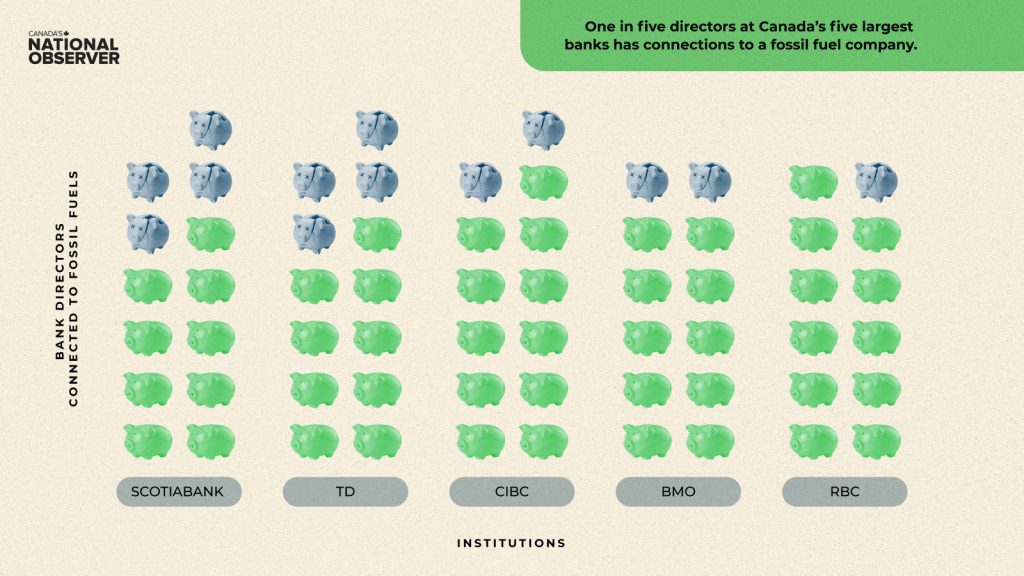Banks far from hitting Paris climate targets, global investor group warns
A new report out today from the Transition Pathways Initiative shows how far global banks are from meeting their climate commitments. As reported in the AP:
The world’s most influential banks need to substantially accelerate climate efforts if global temperature rise is to be kept within the targets of the Paris Agreement, an assessment released Thursday by an institutional investors group warned.
The efforts of 27 giant banks in North America, Europe and Asia to align their policies with global warming of no more than 1.5 degrees Celsius (2.7 Fahrenheit) are falling far short in every area measured in the pilot study, obtained exclusively by The Associated Press. The report said no major bank has committed to end financing for new oil and gas exploration, and only one has promised to cut all coal financing in line with International Energy Agency guidelines.
The evaluation was prepared by the Institutional Investors Group on Climate Change (IIGCC), whose more than 350 members are mainly asset managers and owners. They include Barclay’s Bank UK Retirement Fund, BlackRock and Goldman Sachs Asset Management International. Group members have €51 trillion ($52 trillion) in assets under management and advice, according to the IIGCC website. That amounts to roughly a tenth of total assets held by financial institutions worldwide. The Transition Pathway Initiative, a research group that tracks corporate emissions, was a co-author of the report.
Read more at the original AP story.
You can download the full report here: An-investor-led-framework-of-pilot-indicators-to-assess-banks-on-the-transition-to-net-zero-28-July.



